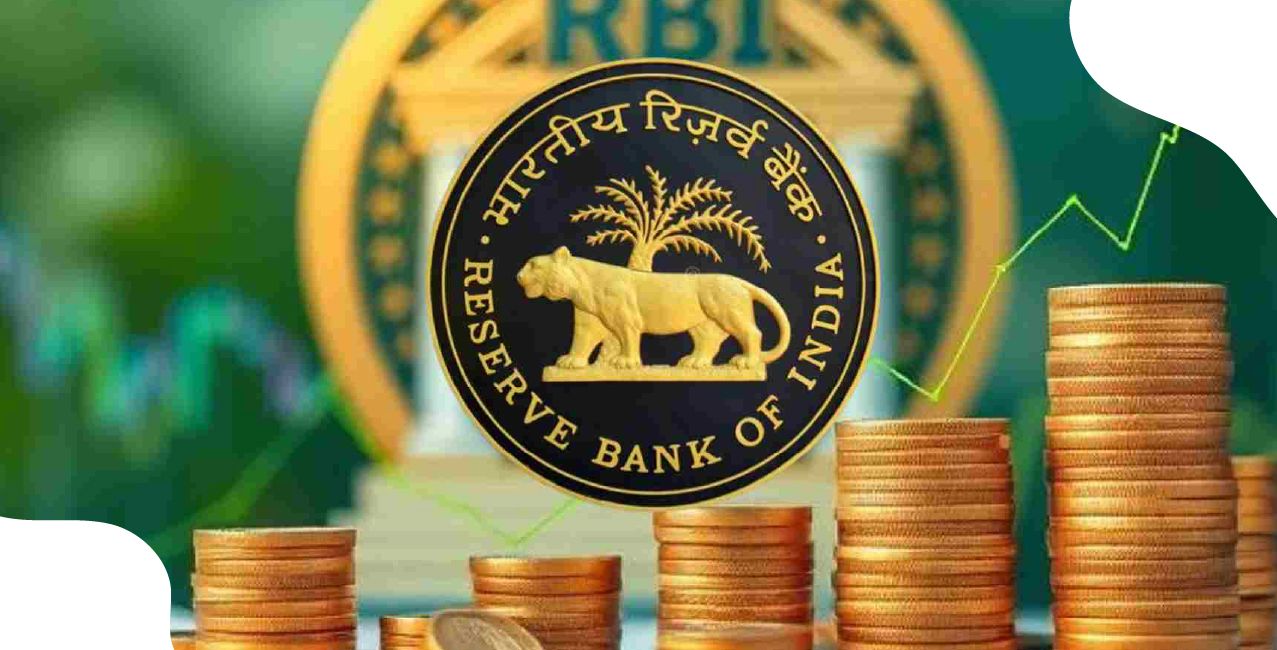
Author
LoansJagat Team
Read Time
4 Min
28 Aug 2025
Bank Officers’ Body AIBOC Opposes IDBI Bank Privatisation Plan
Life Insurance Corporation (LIC) might pull down its share in the IDBI Bank to as low as 15% within the next 2 years. So, the Indian Government and LIC, after SEBI's nod, will sell a combined 60.7% stake, and IDBI Bank will be open to more private players.
While the Indian Government is looking at this step from a progressive point of view, the All-India Bank Officers’ Confederation (AIBOC) is opposing the proposed privatisation of IDBI Bank.
It examines the union’s concerns over the breach of parliamentary assurances, the implications for public banking, and alternative strategies to strengthen IDBI Bank’s role in India's developmental and financial ecosystem.
Why Is AIBOC Opposing the Privatisation of IDBI Bank?
In December 2003, the then-finance minister pledged that the government ownership should remain at or above 51%. Therefore, the AIBOC has strongly denounced the government's decision to privatise IDBI Bank, calling it a betrayal of parliamentary assurances.
The union argues that divesting control would constitute the sale of people’s savings. This move would also weaken the public banking network, which is essential for inclusive growth.
AIBOC contends that IDBI, created in 1964 using taxpayers’ funds, developed over the decades into a vital institution serving diverse communities, farmers, MSMEs, rural households, and marginalised groups. Keeping this in view, the union warns that privatisation would risk compromising financial inclusion, social justice, and national economic sovereignty.
Furthermore, AIBOC highlights that the government and LIC collectively hold 95% of IDBI, with 60.72% stake up for sale. DIPAM Secretary Arunish Chawla has indicated that qualified bidders have nearly finished their due diligence, and the divestment is expected to conclude in this fiscal year.
AIBOC’s Alternatives: Reform, Not Privatise
Rather than divestiture, the union urges that the focus should shift to strengthening IDBI’s governance and accountability. Reforms should be introduced to inject more capital through financial institutions.
This would accelerate IDBI’s digital transformation and expand its developmental mandate to drive inclusive growth. They argue that deploying public capital can fortify IDBI’s lending capacity and infrastructure, while modernisation would enhance service delivery and competitiveness, preserving its role as a trustworthy institution oriented toward public welfare.
AIBOC put faith in parliamentary appeals, urging MPs, civil society, and citizens to rally against the privatisation plan. Their message: “Privatisation is not reform—it is retreat.”
Historical Context & Institutional Evolution of IDBI
Have a look at IDBI’s journey since its establishment in 1964:
This summary illustrates IDBI’s transformation from a public-sector development bank to a near-privatised entity, alongside the evolving ownership dynamics.
Summary: While IDBI has historically served as a public institution geared toward inclusive finance, changes in classification and ownership over recent years have opened the door for stakes to be sold, raising significant policy and trust-related concerns.
Potential Impact of IDBI Bank Privatisation
Public Trust & Social Inclusion
AIBOC warns that transferring control to private or foreign entities could lead to financial exclusion of farmers, small businesses, and underprivileged communities who have long depended on IDBI’s developmental outreach.
Undermining Public Banking Infrastructure
IDBI’s potential privatisation may signal a retreat from strengthening public-sector banks at a time when they play a vital role in ensuring broad-based access to credit and supporting government schemes, thereby eroding public banking’s strategic foundation.
Policy Credibility and Sovereignty
Breaking the 2003 parliamentary assurance could erode policy credibility and public trust in government commitments. AIBOC framed this decision as an affront to economic sovereignty, urging that it runs counter to the spirit of self-reliant nation-building.
Conclusion
AIBOC’s opposition to the proposed privatisation of IDBI Bank centres on preserving public trust, ensuring financial inclusion, and upholding institutional integrity in Indian banking. By urging alternatives such as governance reforms, capitalisation, digital modernisation, and expanded developmental outreach, the union champions the role of IDBI as a people-centric institution, not merely a vehicle for profit.
As discussions unfold and disinvestment progresses, the debate reveals the deeper tension between market-driven efficiency and the imperative of public banking as a pillar of India’s inclusive economic framework. Supporting IDBI’s modernisation rather than diluting its public character could signal a more balanced pathway forward, one that aligns with national interests and social equity.
About the Author

LoansJagat Team
‘Simplify Finance for Everyone.’ This is the common goal of our team, as we try to explain any topic with relatable examples. From personal to business finance, managing EMIs to becoming debt-free, we do extensive research on each and every parameter, so you don’t have to. Scroll up and have a look at what 15+ years of experience in the BFSI sector looks like.

Quick Apply Loan
Subscribe Now
Related Blog Post

LoansJagat Team • 05 Jan 2026

LoansJagat Team • 05 Jan 2026

LoansJagat Team • 31 Dec 2025